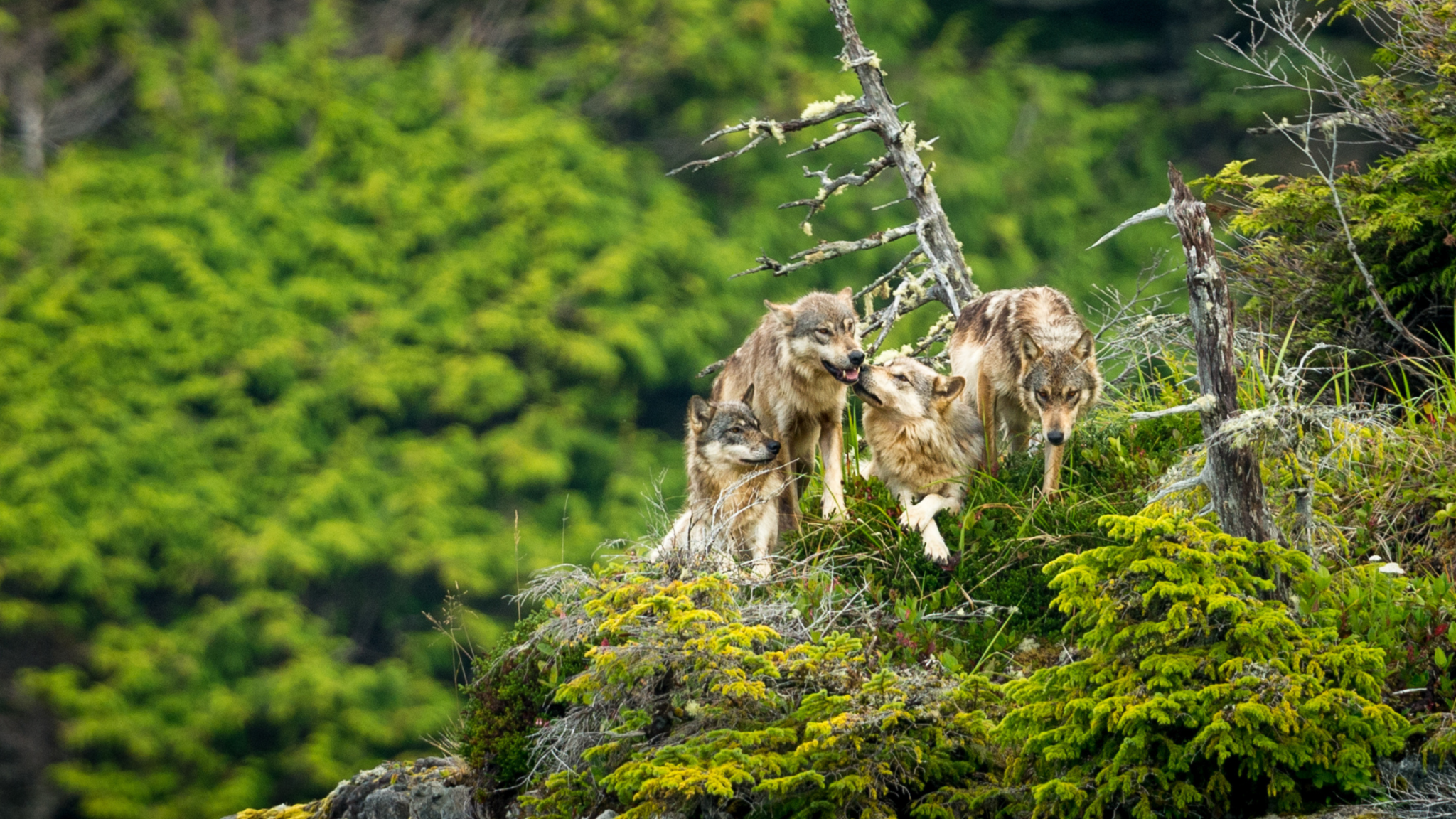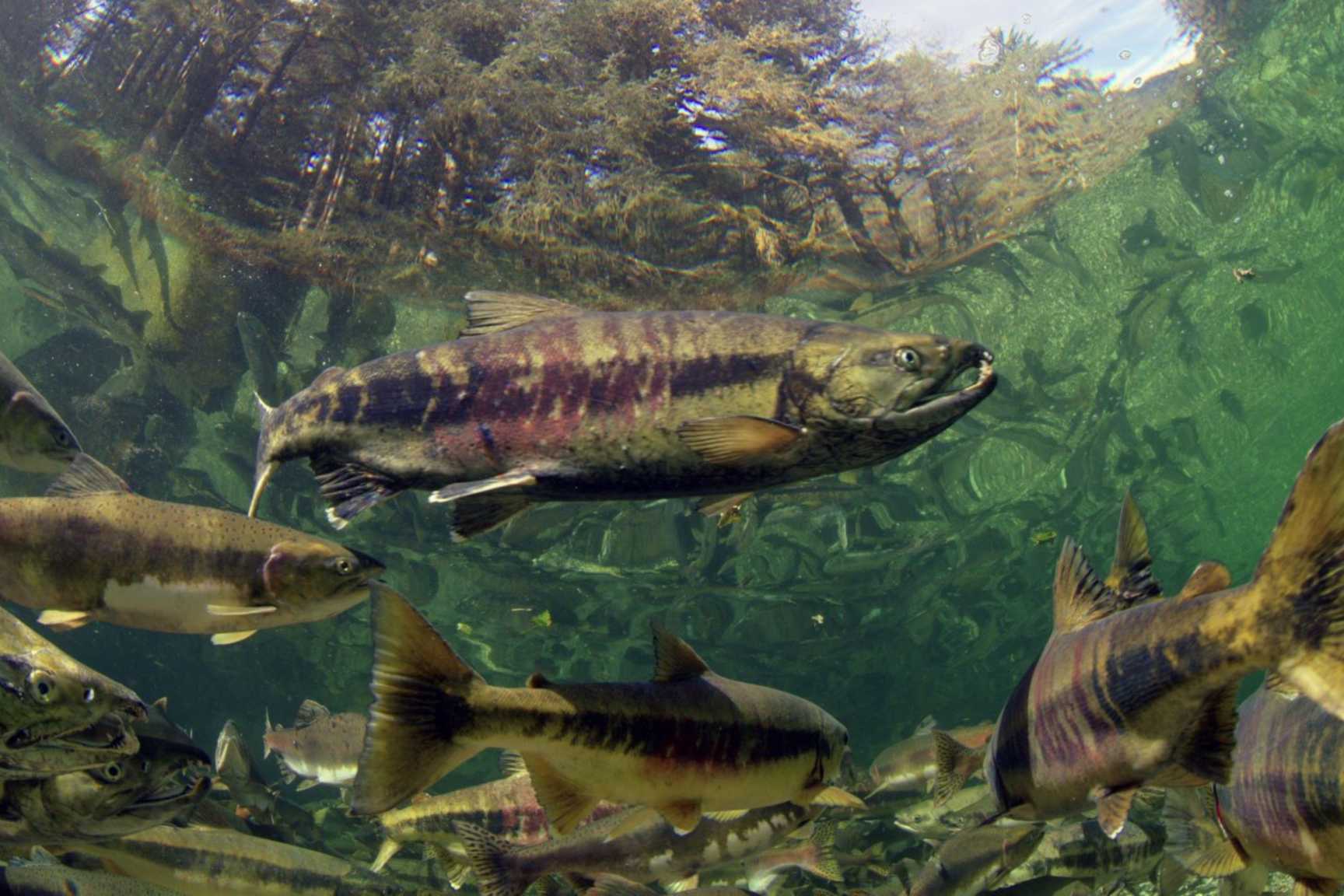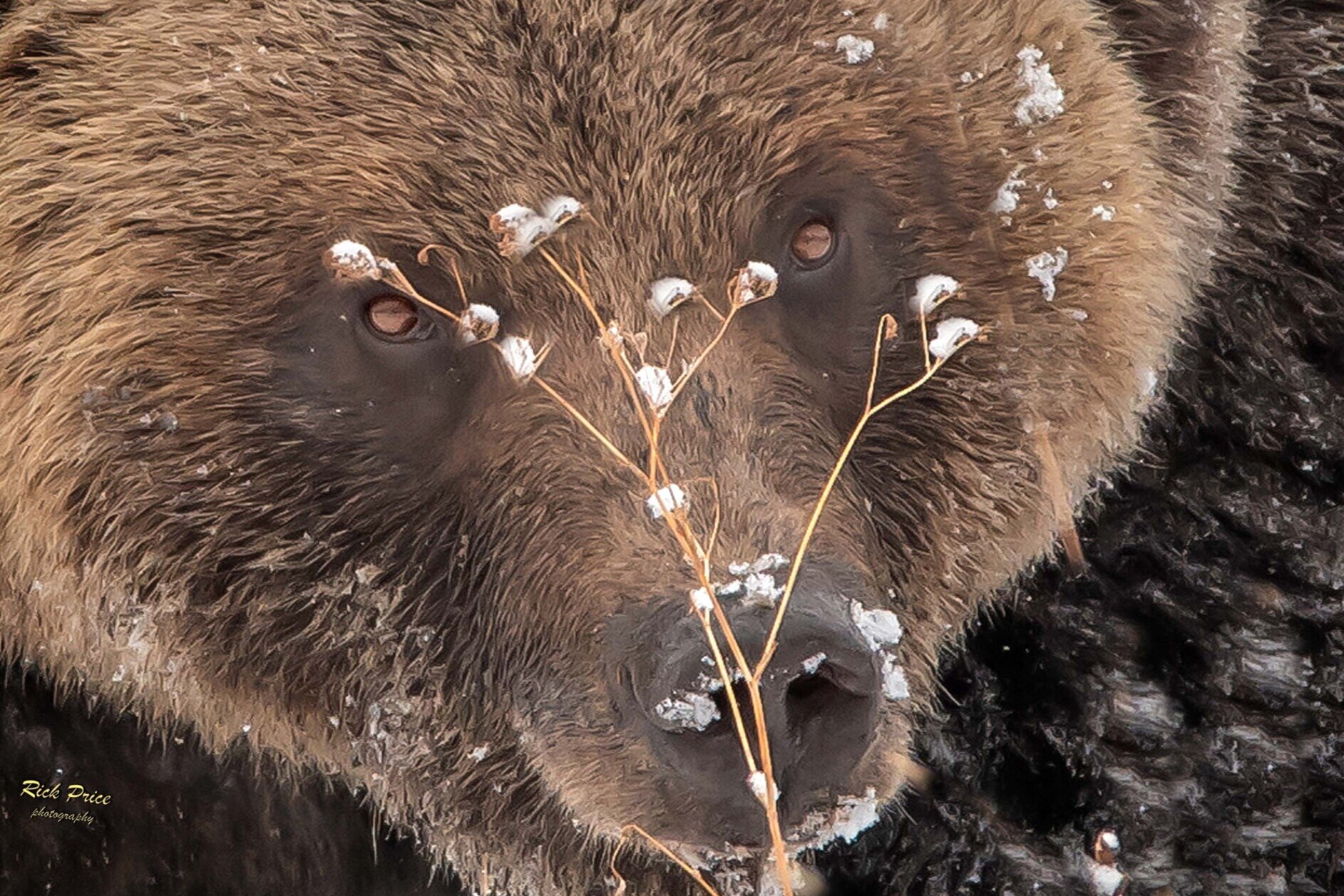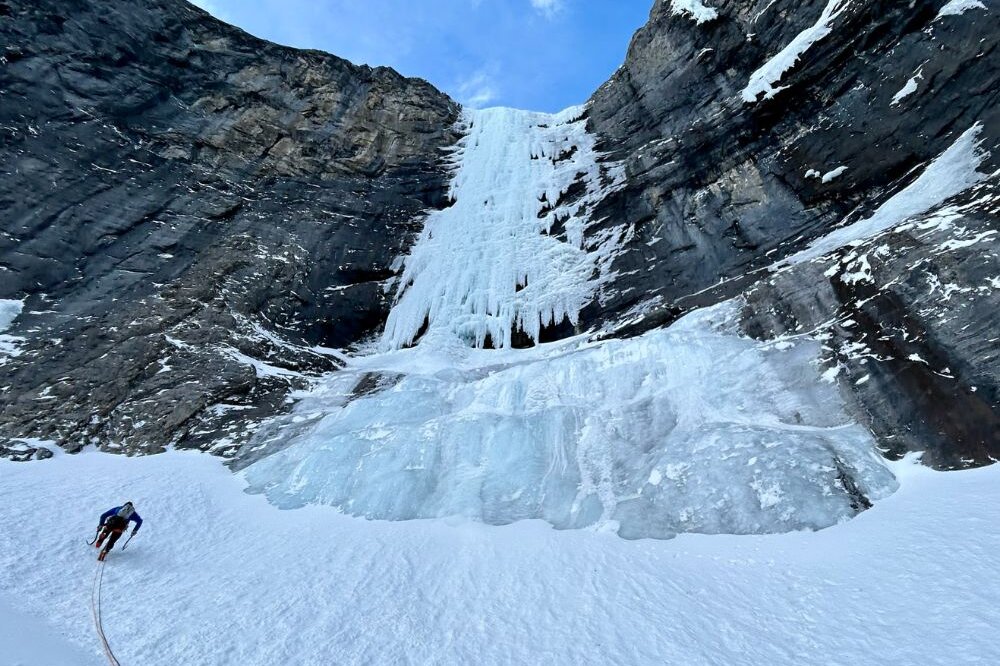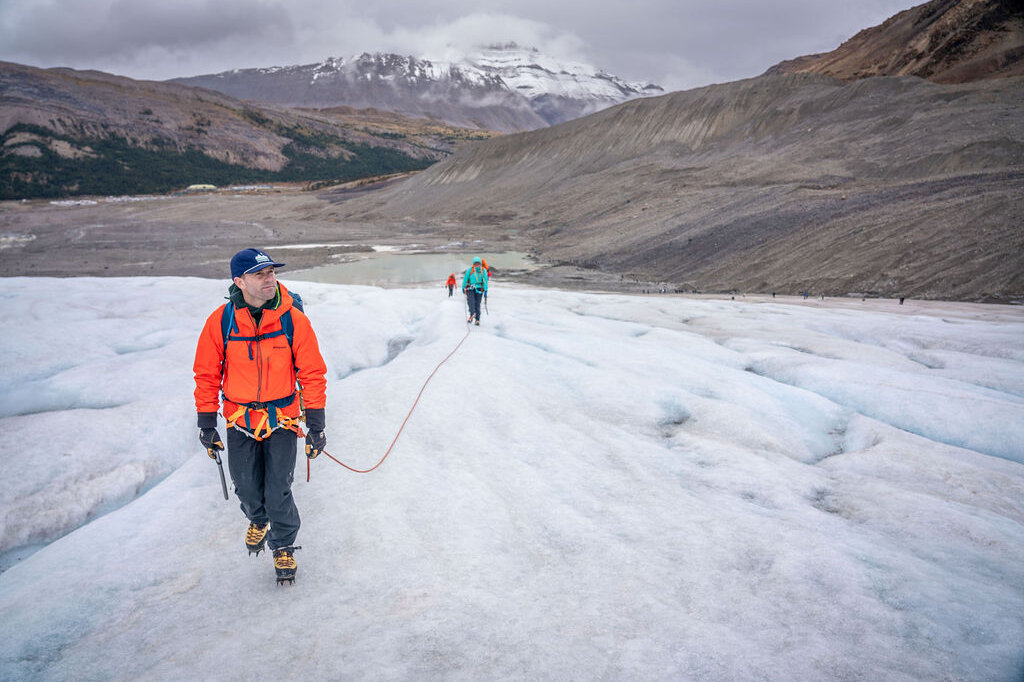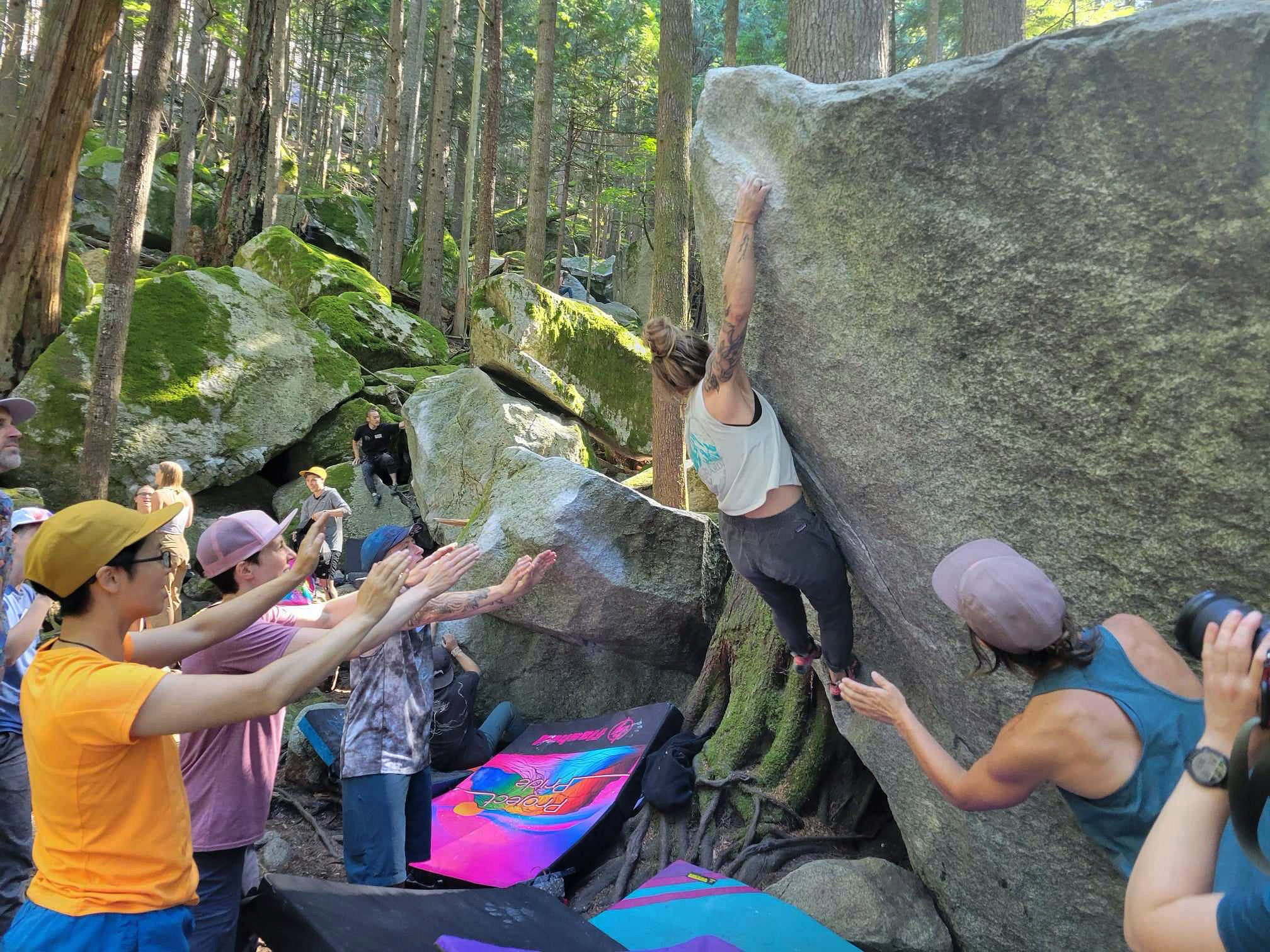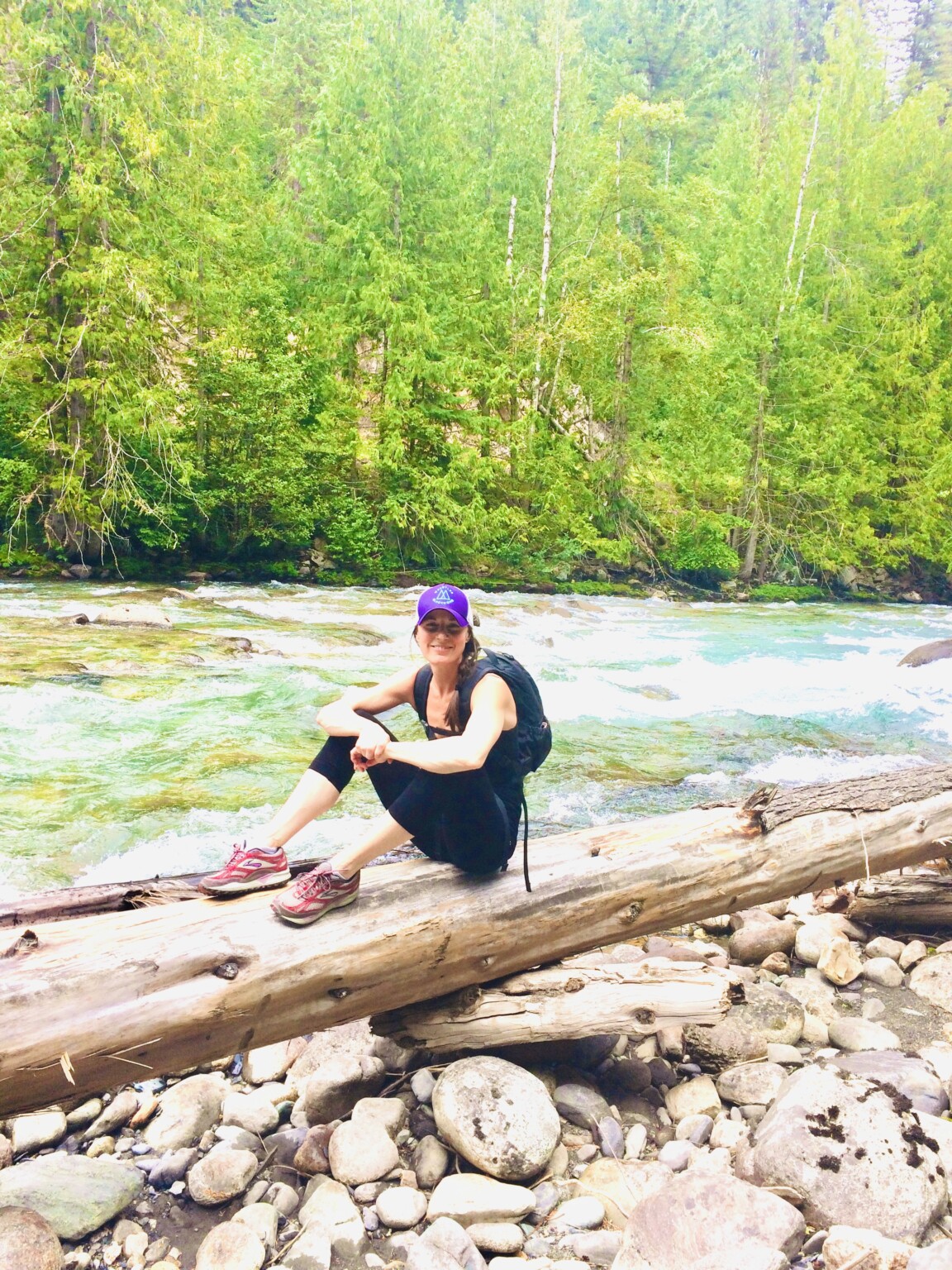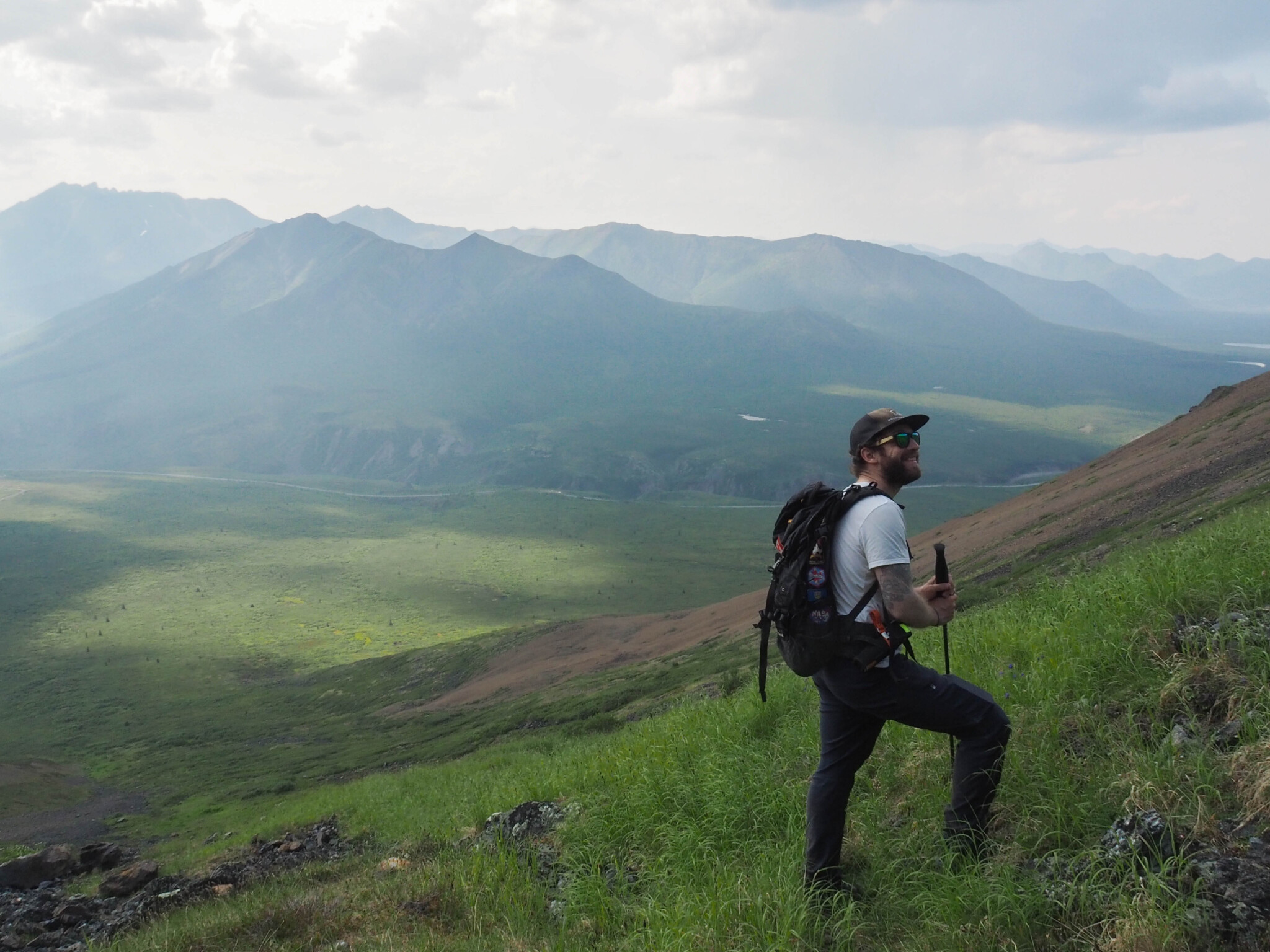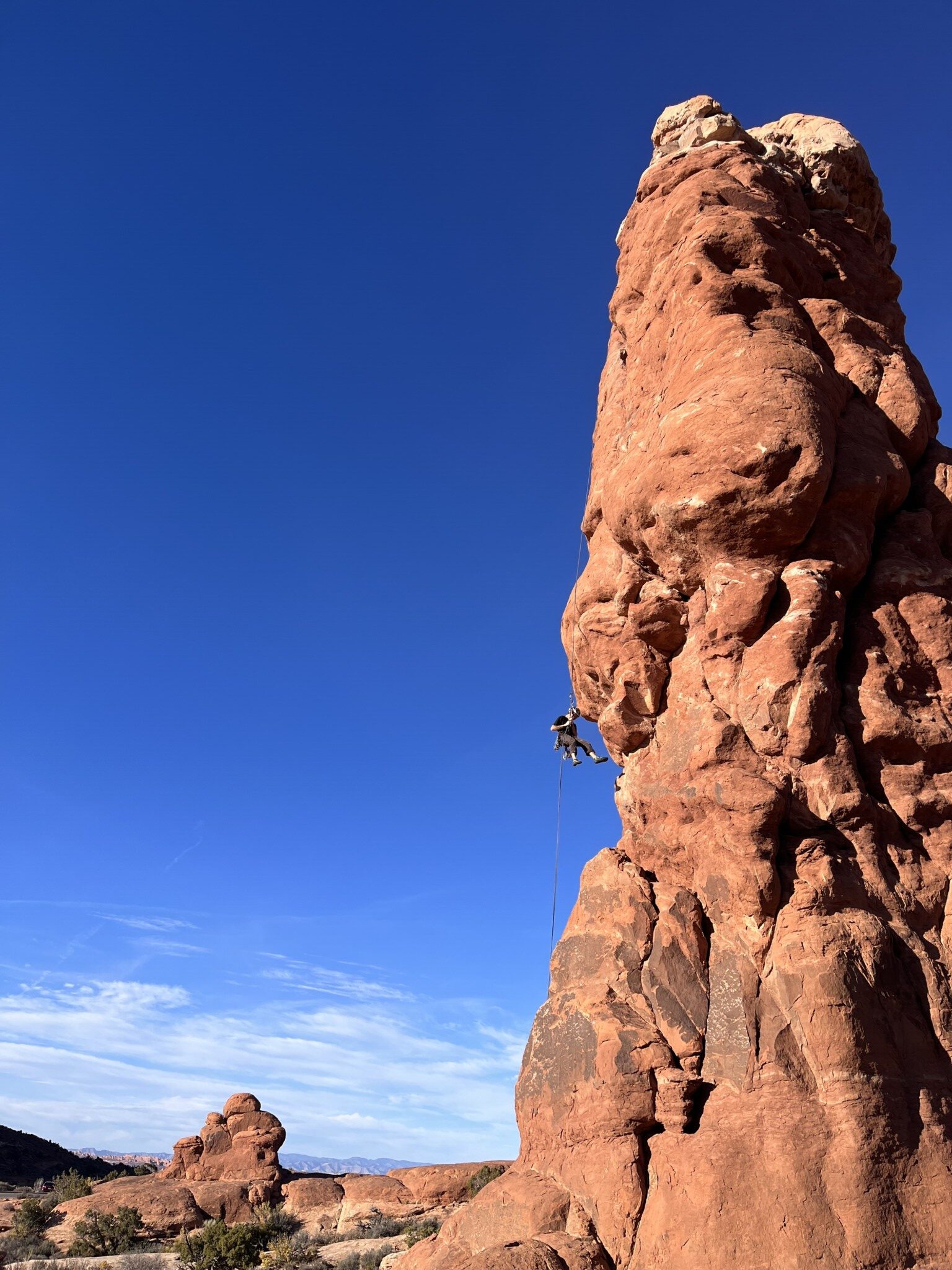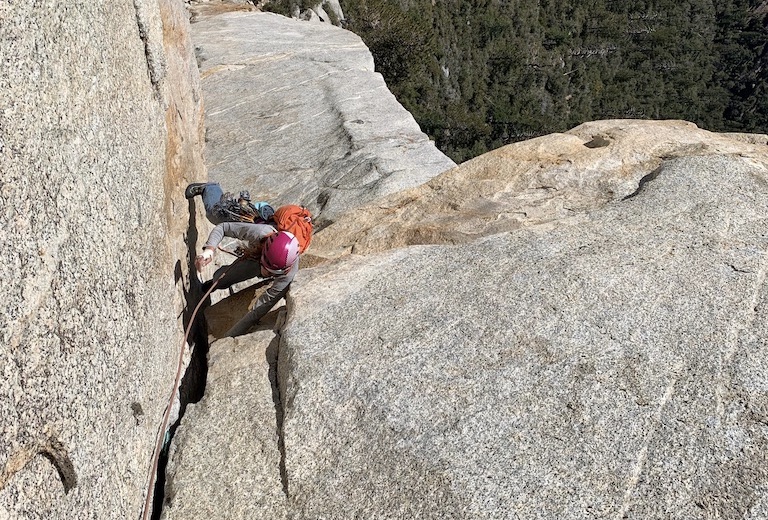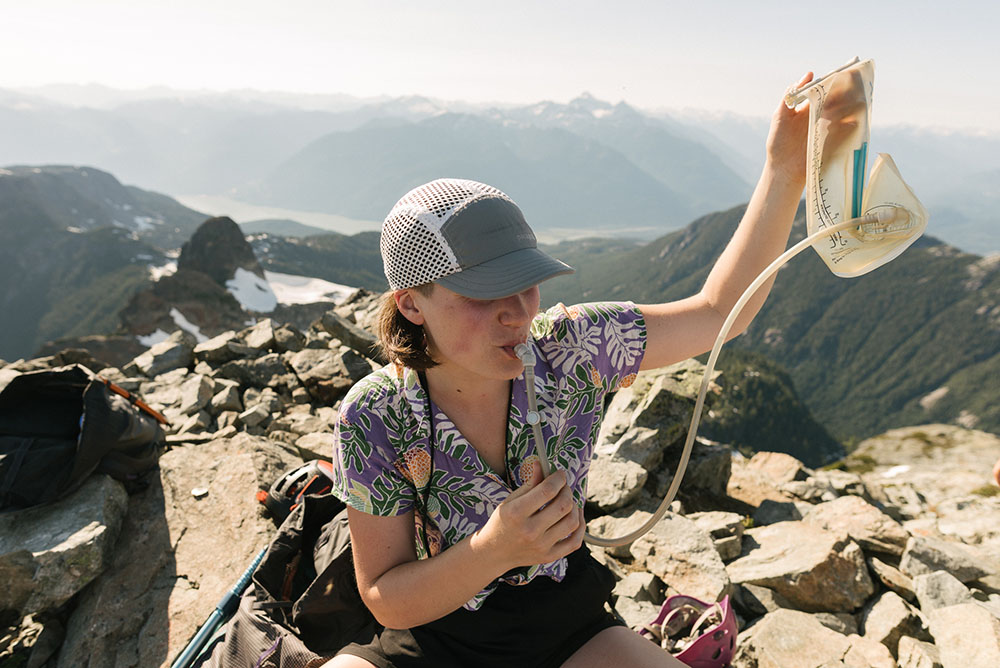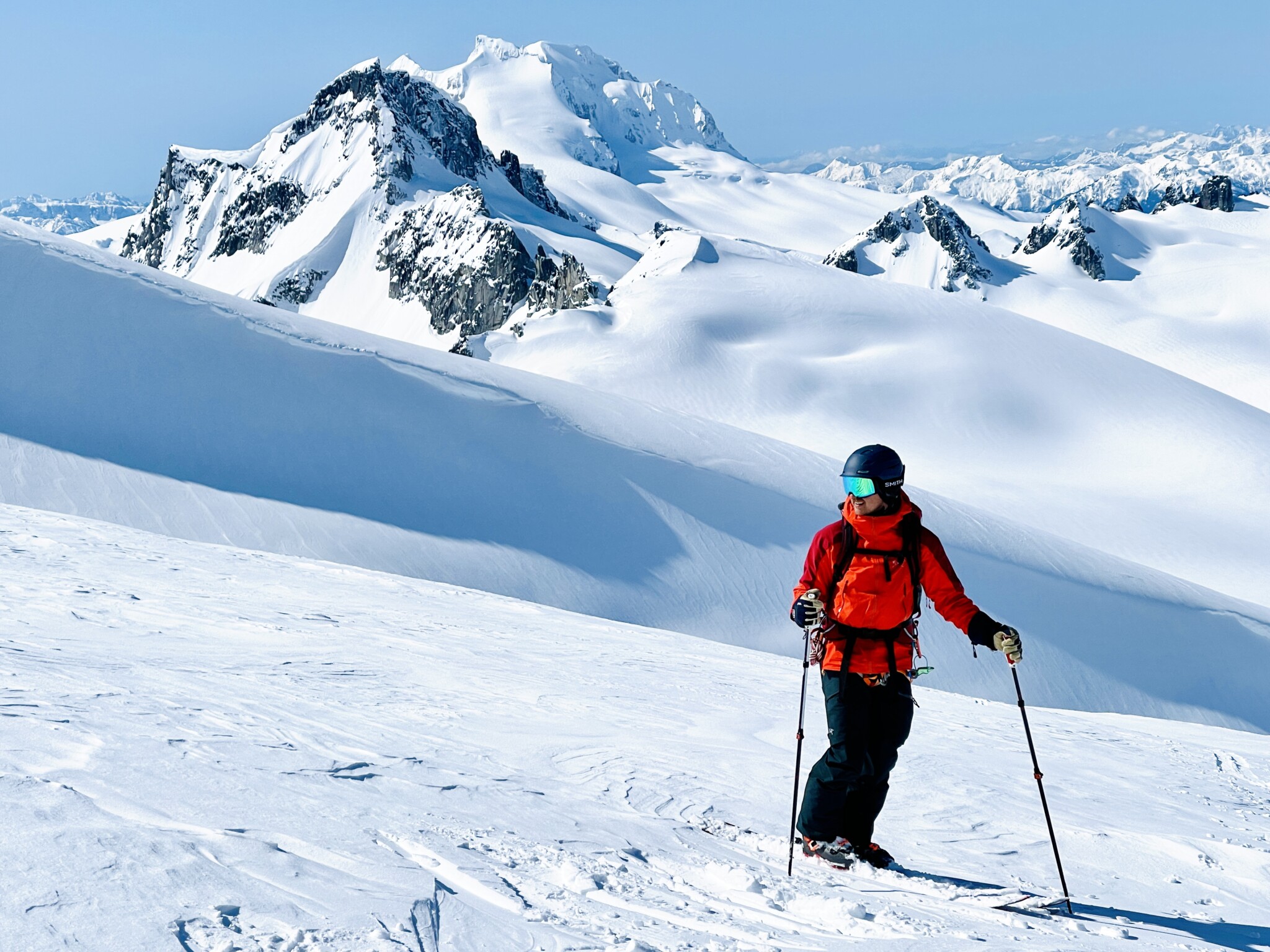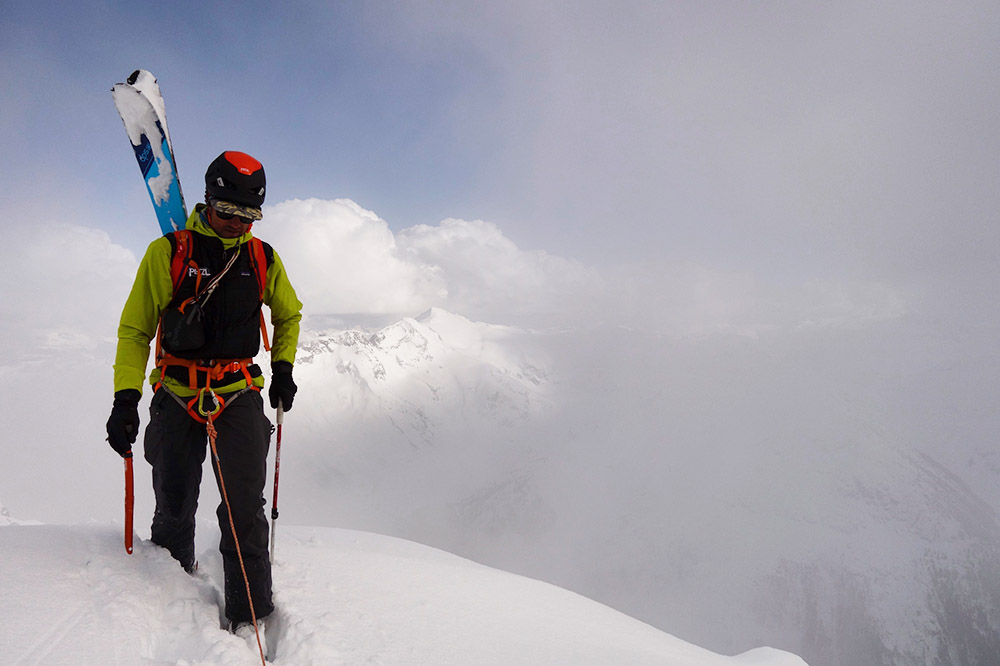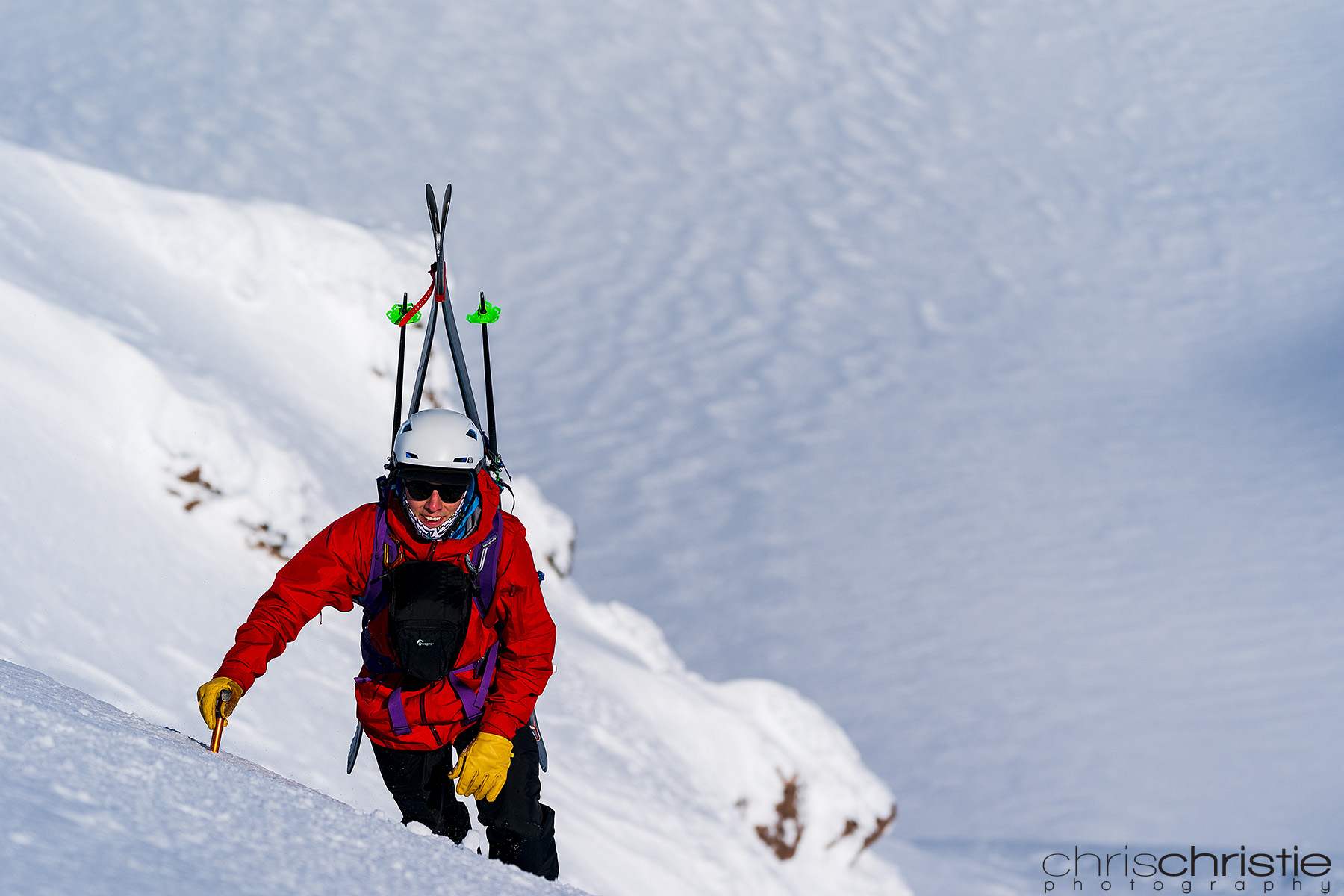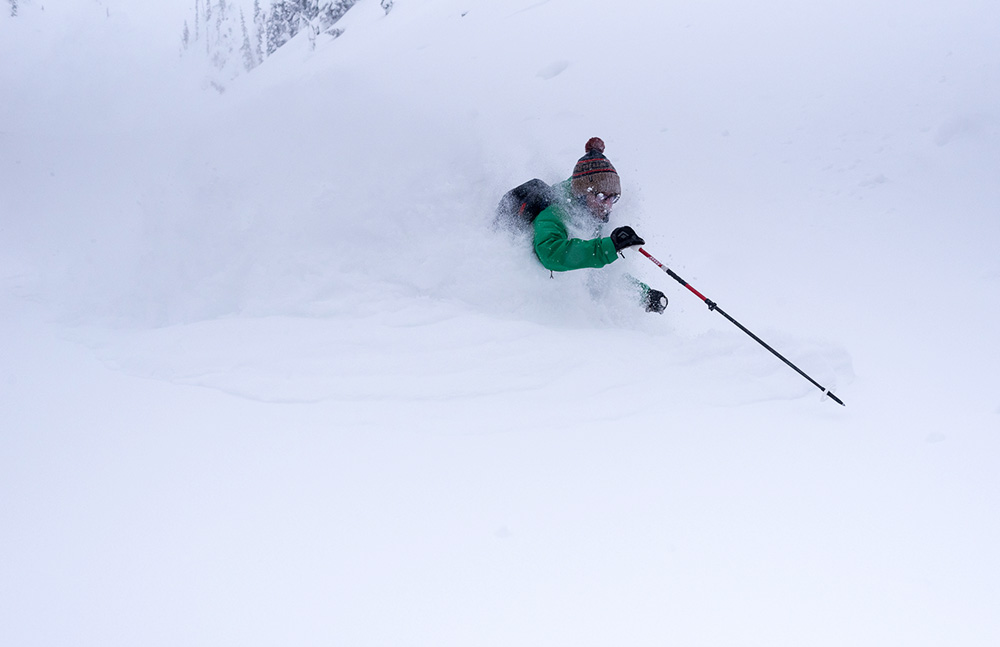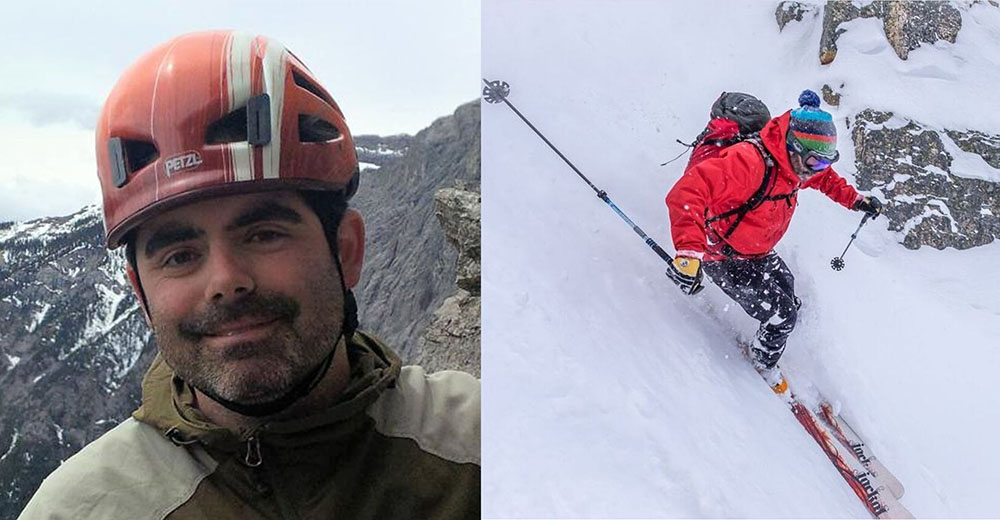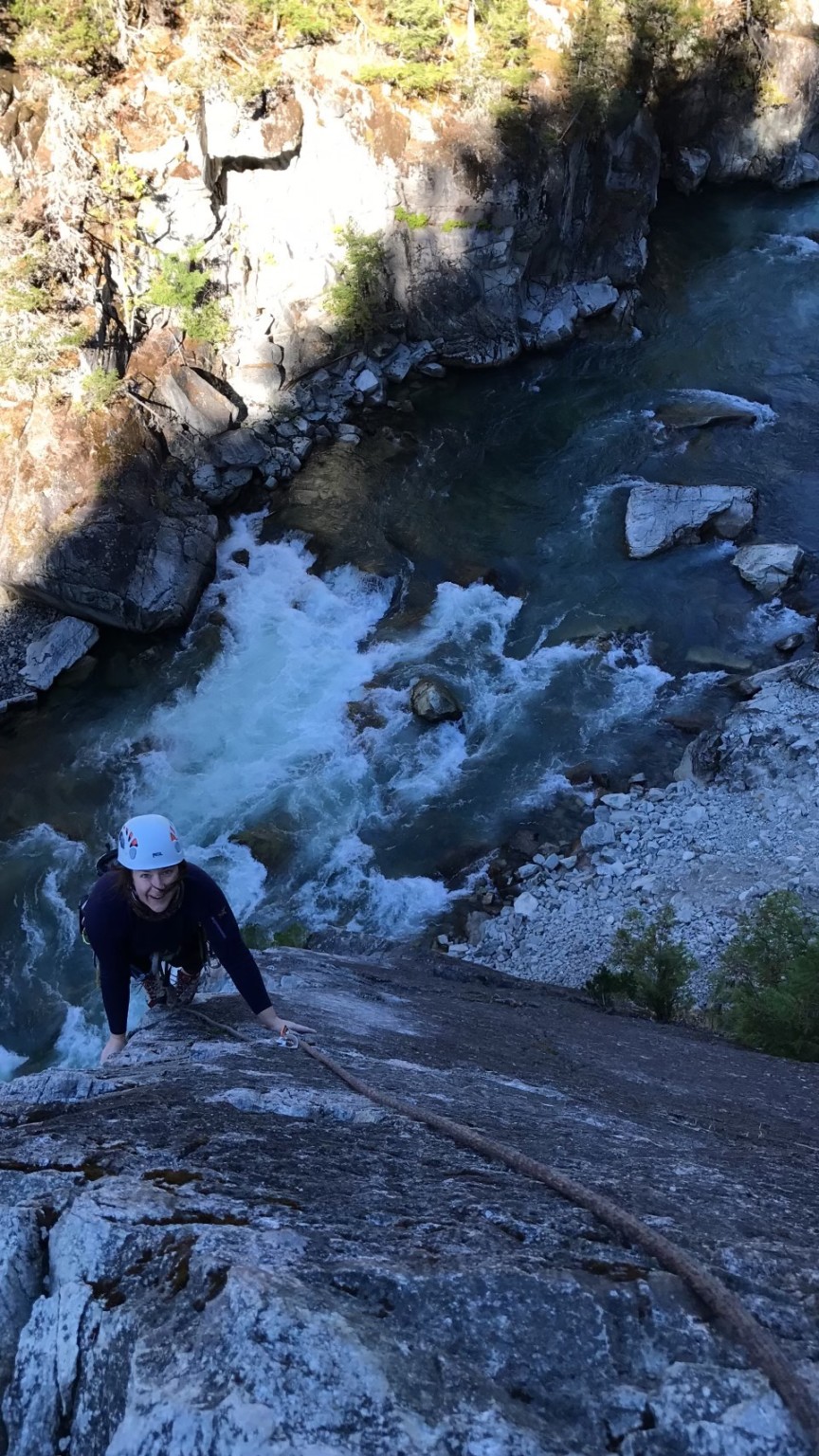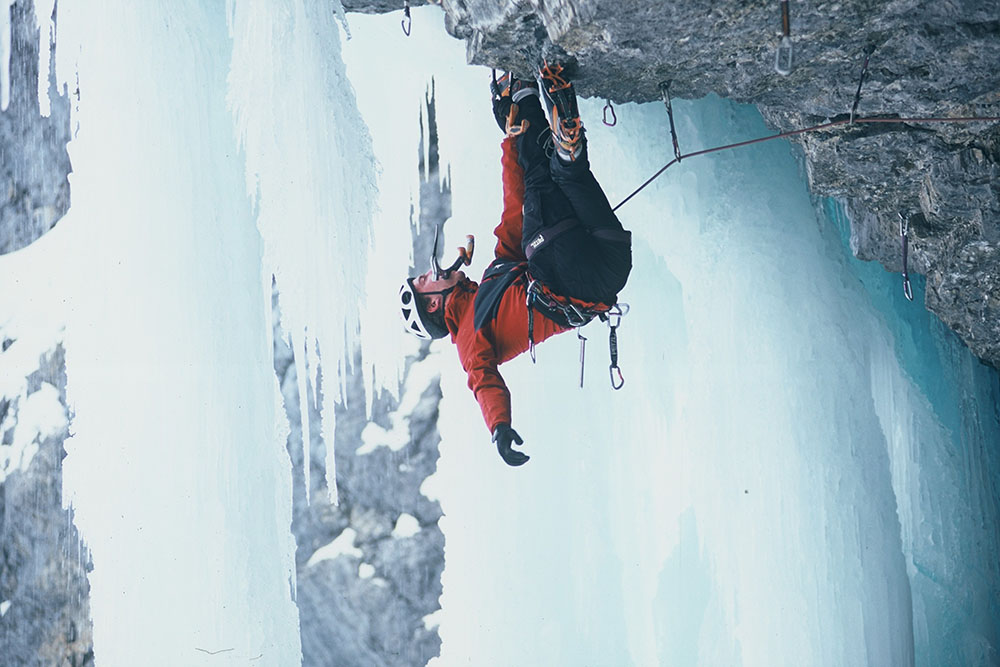Pacific Wild is dedicated to protecting the ecosystems and wildlife of the Great Bear Rainforest and the northwest Pacific region in British Columbia (B.C.). Through bold advocacy, cutting-edge visual storytelling, and strategic partnerships, we work to influence policy, shift public opinion, and drive legislative change to safeguard biodiversity.
Founded in 2008, Pacific Wild emerged from decades of frontline conservation work by our founders, Karen and Ian McAllister. Their groundbreaking book, The Great Bear Rainforest, helped spark a global movement to protect one of the world’s last intact coastal rainforests. Their efforts contributed to the 2006 Great Bear Rainforest Agreements, which secured protections for 30% of the region.
Today, we build on their legacy by using powerful media, science-based research, and advocacy to actively defend wildlife and their habitat from the ongoing threats of industrial development, climate change, and weak government protections.
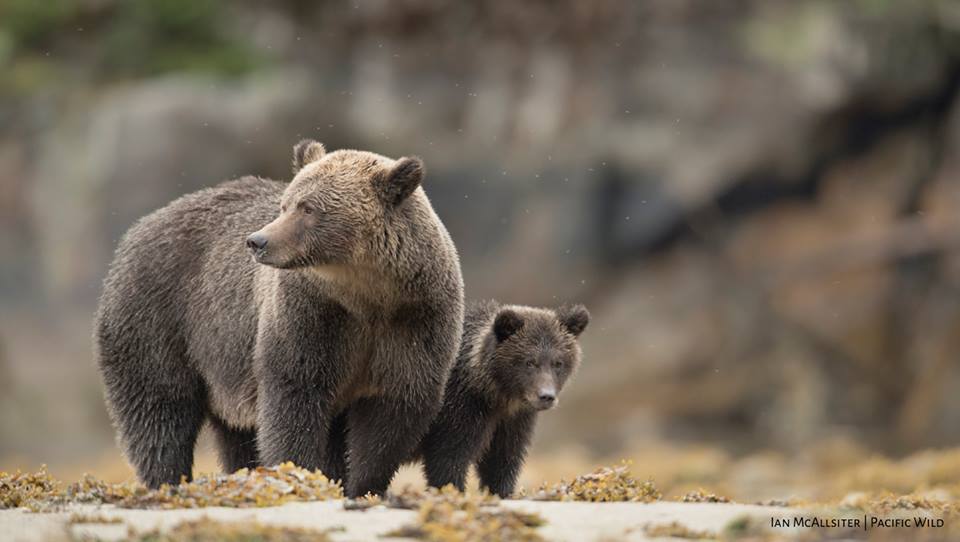
Pacific Wild has played a key role in significant conservation victories, including:
- Banning grizzly bear trophy hunting (2017) – A landmark policy win that ended the senseless killing of one of B.C.’s most iconic species.
- Halting the expansion of open-net fish farms in the Great Bear Rainforest to protect wild salmon populations.
- Helping to block Enbridge’s Northern Gateway pipeline.
- Expanding marine protected areas such as the Scott Islands and the Northern Shelf Bioregion safeguarding critical ocean ecosystems.
- Innovating remote wildlife monitoring, capturing never-before-seen animal behaviours with live cameras and hydrophones.
- Supporting Indigenous-led conservation efforts, including the SEAS (Supporting Emerging
- Aboriginal Stewards) Community Initiative in Bella Bella.
Despite these incredible achievements, the Pacific Northwest’s ecosystems and wildlife remain threatened. Our current campaigns are:
SAVE BC WOLVES
Wolves are a keystone species, essential for maintaining ecological balance. Yet, since 2015, the B.C. government has slaughtered over 2,000 wolves under the guise of caribou conservation—despite admitting that habitat destruction is the real threat to caribou survival.
Using aerial gunning, trapping, and hunting, the government aims to eliminate 80% of wolves in targeted areas while allowing industrial activities to continue destroying caribou habitat. This brutal and ineffective policy disrupts ecosystems and threatens biodiversity. Pacific Wild is calling for an end to the cull and a shift toward real conservation solutions—protecting habitat, not scapegoating wolves.
SAVE BC BEARS
Grizzly bears are a keystone species, essential for maintaining ecological balance in B.C.’s forests and watersheds. In 2017, years of dedicated advocacy led to a province-wide ban on grizzly bear trophy hunting—a major conservation victory. But this ban is not protected by law, leaving grizzlies vulnerable to policy changes. Despite being listed as a species of Special Concern under Canada’s Species at Risk Act, the B.C. government is shifting wildlife management to regional committees instead of implementing strong, province-wide protections. A vast majority of British Columbians—across all political affiliations—support enshrining the trophy hunting ban in legislation. Now is the time to ensure lasting protections for grizzly bears. We urge the government to legislate the 2017 ban, securing a future where grizzlies thrive in B.C.’s wild landscapes.
END INDUSTRIAL TRAWLING
Trawling is one of the most destructive and wasteful fishing methods in the world. Dragging massive, weighted nets across the seafloor , bottom trawling devastates marine ecosystems—destroying coral and sponge reefs, wiping out vulnerable fish stocks, and releasing massive amounts of carbon from disturbed sediments. It’s been likened to “marine deforestation.” Midwater trawling is just as indiscriminate, capturing everything in its path, including over 100 bycatch species. Even whales, including killer whales, have been caught and killed in industrial trawl nets in Alaska.
Globally, trawling has wasted over 437 million tonnes of fish since 1950. Canada is part of this crisis, allowing industrial trawlers to bulldoze through our waters, leaving behind ecological scars that may take decades to heal. Pacific Wild is calling for a moratorium on industrial trawl fishing to protect B.C.’s ocean and marine life for future generations.
PROTECT PACIFIC HERRING
Pacific herring are a foundational species, forming the cornerstone of the marine food web and supporting nearly every coastal species in B.C.. Once abundant, overfishing in the past century has significantly reduced their populations. A catastrophic collapse in the 1960s led to a temporary closure, yet commercial fisheries reopened without allowing stocks to fully recover.
Today, herring populations in B.C. remain at a fraction of their historic abundance, and many former spawning sites sit empty. Despite clear warning signs, Fisheries and Oceans Canada (DFO) continues to permit destructive herring fisheries, risking an irreversible collapse—one that would devastate marine ecosystems, coastal communities, and First Nations’ sustainable spawn-on-kelp fishery, practiced for thousands of years. Pacific Wild is calling for an immediate moratorium on the commercial herring fishery to protect B.C. \’s last significant herring stocks before it’s too late.
MARINE PROTECTECTION
British Columbia’s marine environment is one of the most biodiverse in the world. Along the coast, land and sea are deeply connected—temperate rainforests are fed by ocean nutrients, while thousands of rivers and streams sustain the ocean.
The Great Bear Rainforest alone supports over 2,000 runs of Pacific salmon, along with Pacific herring, eulachon, and iconic marine mammals like fin whales, humpbacks, sea otters, and killer whales. Protecting these ecosystems requires strong Marine Protected Areas (MPAs)—ocean parks that safeguard critical habitats and restore wildlife. In B.C., MPAs are co-created with First Nations through extensive consultation.
MPAs work best as a network (MPAN)—a series of connected sites that protect species across life stages. By preserving kelp forests, eelgrass meadows, and seamounts, MPAs enhance marine resilience, support biodiversity, and act as refuges for threatened species. They also benefit coastal communities by supporting sustainable tourism, scientific research, and fisheries. By serving as nurseries, MPAs boost fish stocks beyond their borders, ensuring long-term sustainability.
Pacific Wild is calling on the federal government to ensure all MPAs meet the highest protection standards. But MPAs alone are not enough—we must also improve fisheries management, reduce pollution and human disturbances, and tackle climate change by cutting fossil fuel emission and restoring vital habitats. Protecting our oceans requires bold action now!
FISH FARMS OUT
Wild salmon are the lifeblood of B.C. ’s coast, sustaining both ocean and forest ecosystems. But open-net salmon farms put them at grave risk. These farms spread parasites, pathogens, and pollutants, threatening wild salmon at every stage of their life cycle.
Pacific salmon are a keystone species, connecting marine and terrestrial food webs. Each spring, young salmon migrate from rivers to the ocean, feeding killer whales, seals, and countless marine species. In the fall, their return supports bears, wolves, eagles, and entire forests—bringing ocean-derived nutrients that nourish trees and sustain biodiversity. Without wild salmon, these ecosystems collapse.
Fisheries and Oceans Canada (DFO) pledged to remove open-net salmon farms by 2025, but they have pushed that back to 2029. Meanwhile, more than half of Pacific salmon runs are in decline, with many listed as endangered. First Nations have an inherent right to fish wild salmon, and 120 Nations in B.C. support a ban on open-net farms. Waiting another four years is unacceptable.
Pacific Wild is calling on the federal government to act now. Open-net farms must be removed. The survival of wild salmon—and everything that depends on them—hangs in the balance.
A CALL TO ACTION FROM PACIFIC WILD’S EXECUTIVE DIRECTOR
“For decades, Pacific Wild has been fighting for the protection of B.C.’s wildlife and wild places—and we have never wavered. We are up against powerful industries and government inaction, but we refuse to back down. And we can’t do it alone. Your support strengthens our advocacy, fuels critical research, and amplifies the voices calling for urgent action. Join us—donate, share, and stand with us in defense of the coast’s irreplaceable ecosystems.” ~ Karen McAllister
Subscribe to our mailing list to get updates on our work!
*Written and submitted to OnwardUP by Sydney Dixon, Marine Specialist with Pacific Wild

